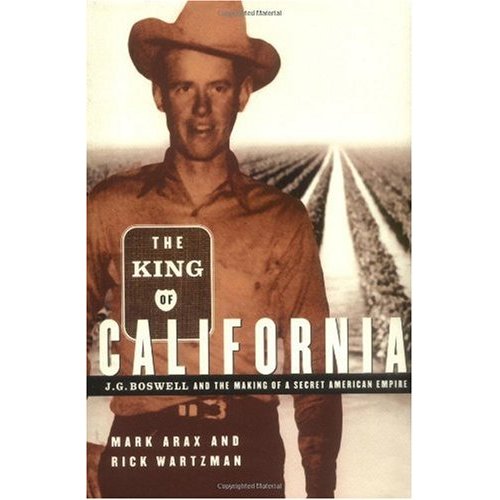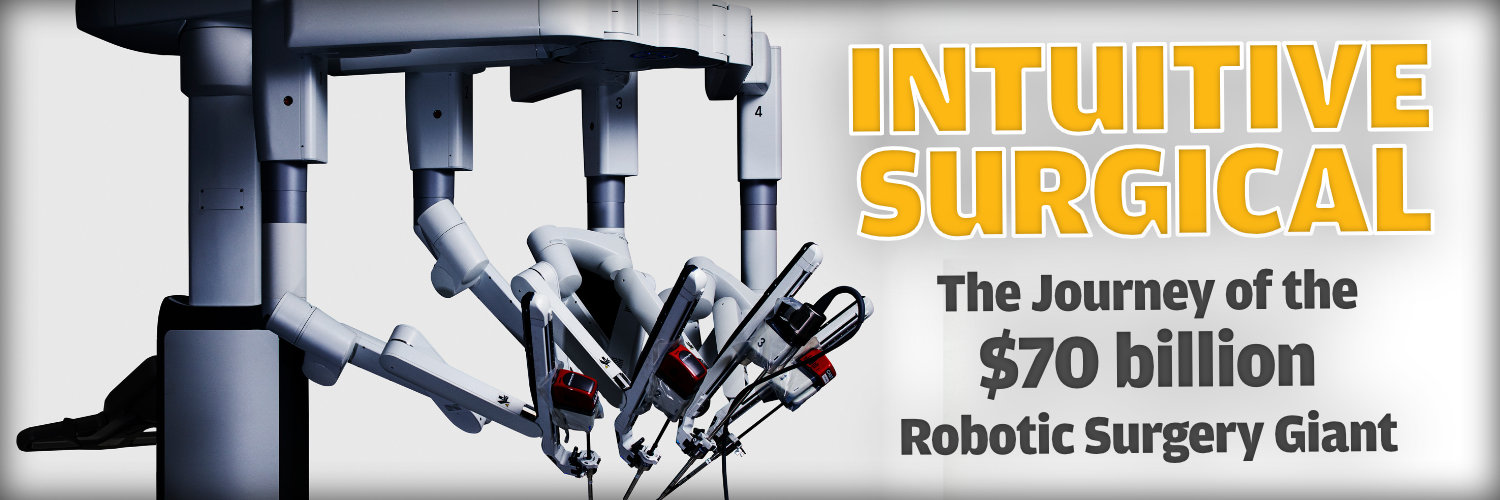
From Mistake to Marketing Masterpiece
There has been much discussion on how Coca-Cola became so dominant. Could it be that it was all from a mistake?
JG Boswell Company (BWEL.PK) is perhaps the most interesting micro cap company you never heard of. This $700 per share, $650m market cap, non-reporting pink sheet company is the largest cotton farmer in America and known as the worlds largest privately owned farm. The farming operation consists of ~150,

 JG Boswell Company (BWEL.PK) is perhaps the most interesting micro cap company you never heard of. This $700 per share, $650m market cap, non-reporting pink sheet company is the largest cotton farmer in America and known as the worlds largest privately owned farm. The farming operation consists of ~150,000 acres (550km2) in Kings and Kern Counties just north of Los Angeles. Most of this acreage rests on top of the dry Tulare Lake bed. The company is known for its cotton production, but it is also the nations second largest processing tomato grower and packer. The company is profitable and pays a dividend, not that you would know unless you know one of the less then 300 shareholders.
JG Boswell Company (BWEL.PK) is perhaps the most interesting micro cap company you never heard of. This $700 per share, $650m market cap, non-reporting pink sheet company is the largest cotton farmer in America and known as the worlds largest privately owned farm. The farming operation consists of ~150,000 acres (550km2) in Kings and Kern Counties just north of Los Angeles. Most of this acreage rests on top of the dry Tulare Lake bed. The company is known for its cotton production, but it is also the nations second largest processing tomato grower and packer. The company is profitable and pays a dividend, not that you would know unless you know one of the less then 300 shareholders.
The company’s past reads like a novel, literally. A book entitled, The King of California: J.G. Boswell and the Making of a Secret American Empire, was written about its founder. The company was started in 1921 by J.G. Boswell, and later run by J.G. Boswell II who is credited for the company’s growth from 1952-1984 (died 2009). The JG Boswell Company is a semi-private company that doesn’t post public financials. Legally, the company doesn’t need to because it has less than 300 shareholders. You will not find much public information on the company besides local articles or industry articles written about the founder. No company website, no press releases, no public financials. In spite of this or because of this lack of transparency, the company has a cult following of sorts.
The only way you can even get a glimpse of what the company does financially is to become a shareholder, and I’ve heard that even the audited financials are not very detailed or descriptive. The company earned roughly $31 per share last year, continues to pay a dividend (2% yield), so I can’t say the company is cheap per se. This said I view BWEL as a land play/water rights play. Underneath the dry lake bed where BWEL grows its crops is an aquifer that could supply up to 3 million residents. The speculation around the company is that the water rights alone are worth several billion dollars on top of the land holdings and crop earnings.
BWEL has less than 1 million shares outstanding, which make the stock very illiquid (Average Daily Volume: 200 shares per day). Surprisingly, the stock does have some institutional ownership. As a full time micro-small cap investor, BWEL doesn’t exactly fit the normal growth profile I look for, but it’s such an interesting company I’m almost forced to pay attention to it. The only way to pay attention to it is to own it.
===> Interact and learn with 250+ of the best microcap investors on the planet. [Join Us]
MicroCapClub is an exclusive forum for experienced microcap investors focused on microcap companies (sub $500m market cap) trading on United States, Canadian, European, and Australian markets. MicroCapClub was created to be a platform for experienced microcap investors to share and discuss stock ideas. Since 2011, our members have profiled 1000+ microcap companies. Investors can join our community by applying to become a member or subscribing to gain instant view only access. MicroCapClub’s mission is to foster the highest quality microcap investor Community, produce Educational content for investors, and promote better Leadership in the microcap arena. For more information, visit http://microcapclub.com and https://microcapclub.com/summit/
Get Alerted to our Next Educational Blog Post

There has been much discussion on how Coca-Cola became so dominant. Could it be that it was all from a mistake?

In 2000, Intuitive surgical raised $46 million in its IPO. In 2001, ISRG hit a low of $131 million market cap, and today is a $70 billion market cap. ISRG stock has risen 9,800% since its IPO.

An alternative lesson to draw from his study is that microcaps are fine but nanocaps are the ticket to wealth; you just have to be poor enough to buy them.